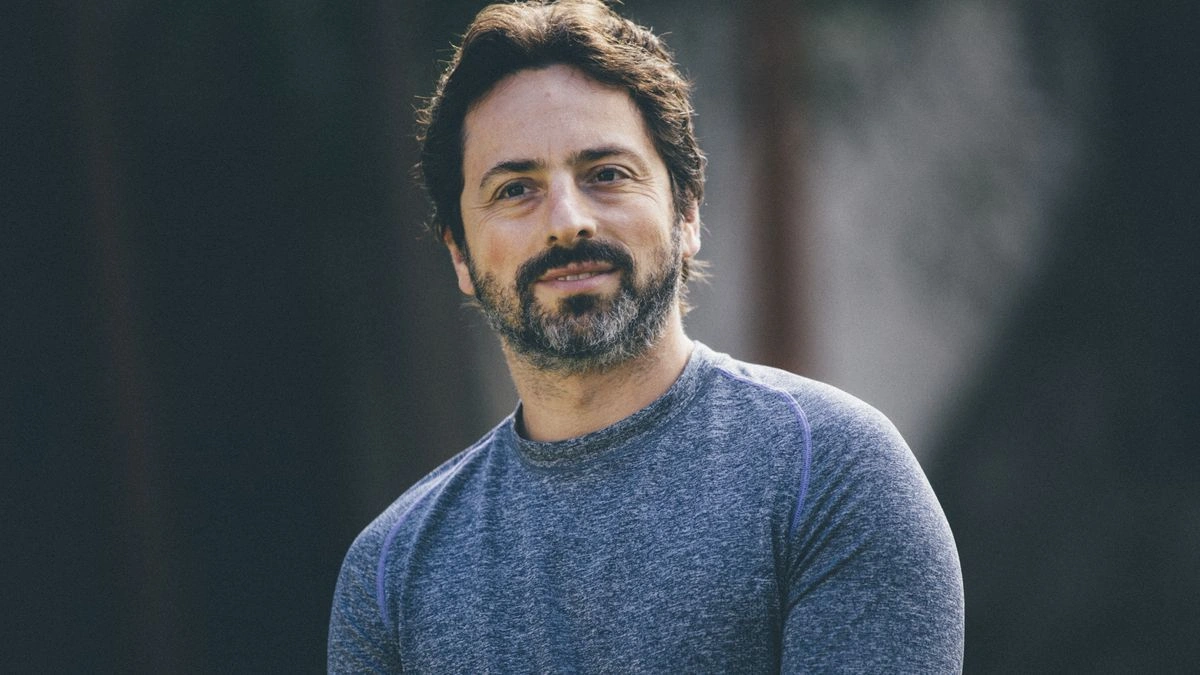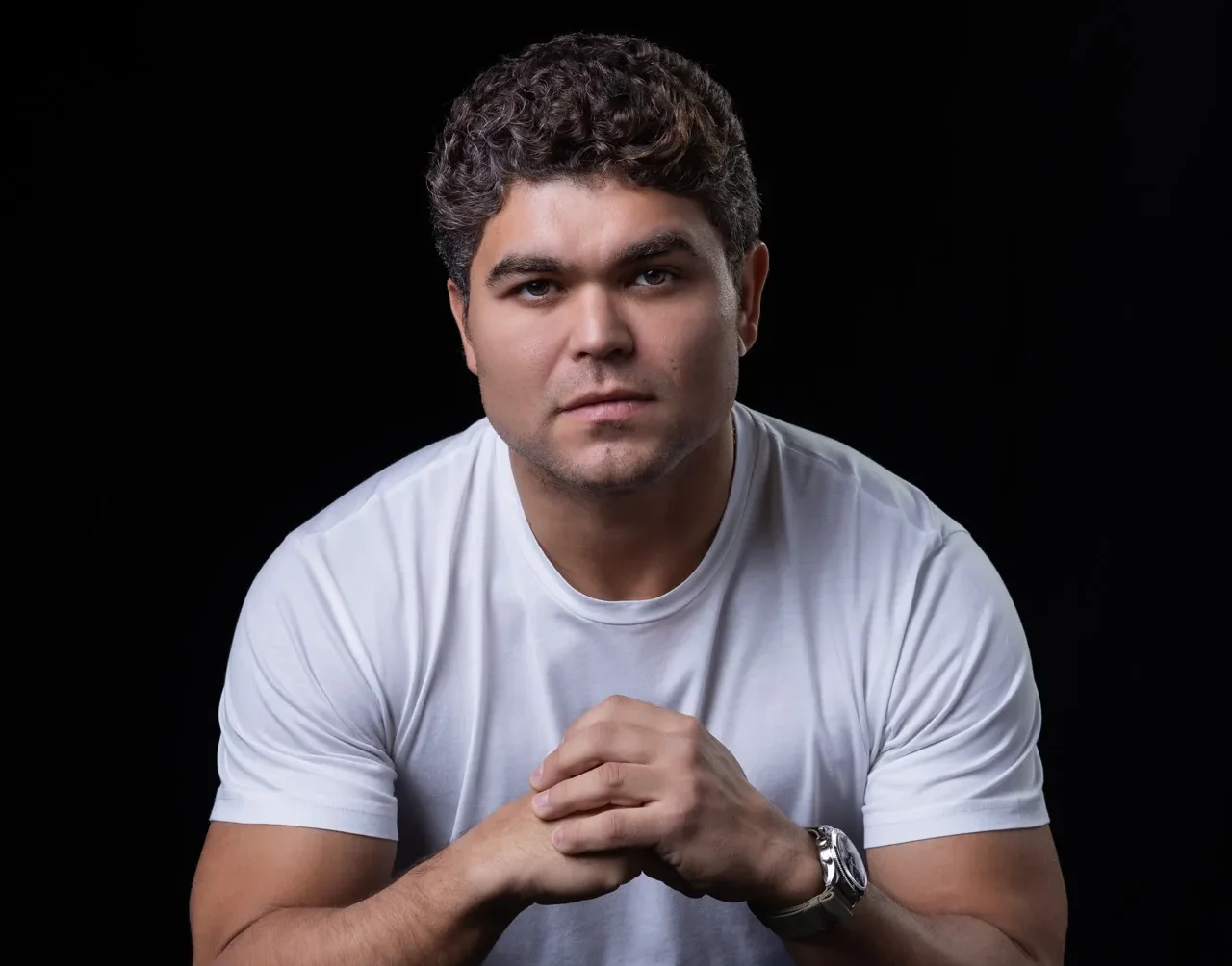CEO OF MICROSOFT AI
Mustafa Suleyman
A Humanist Architect of Ethical AI
By Jane Stevens
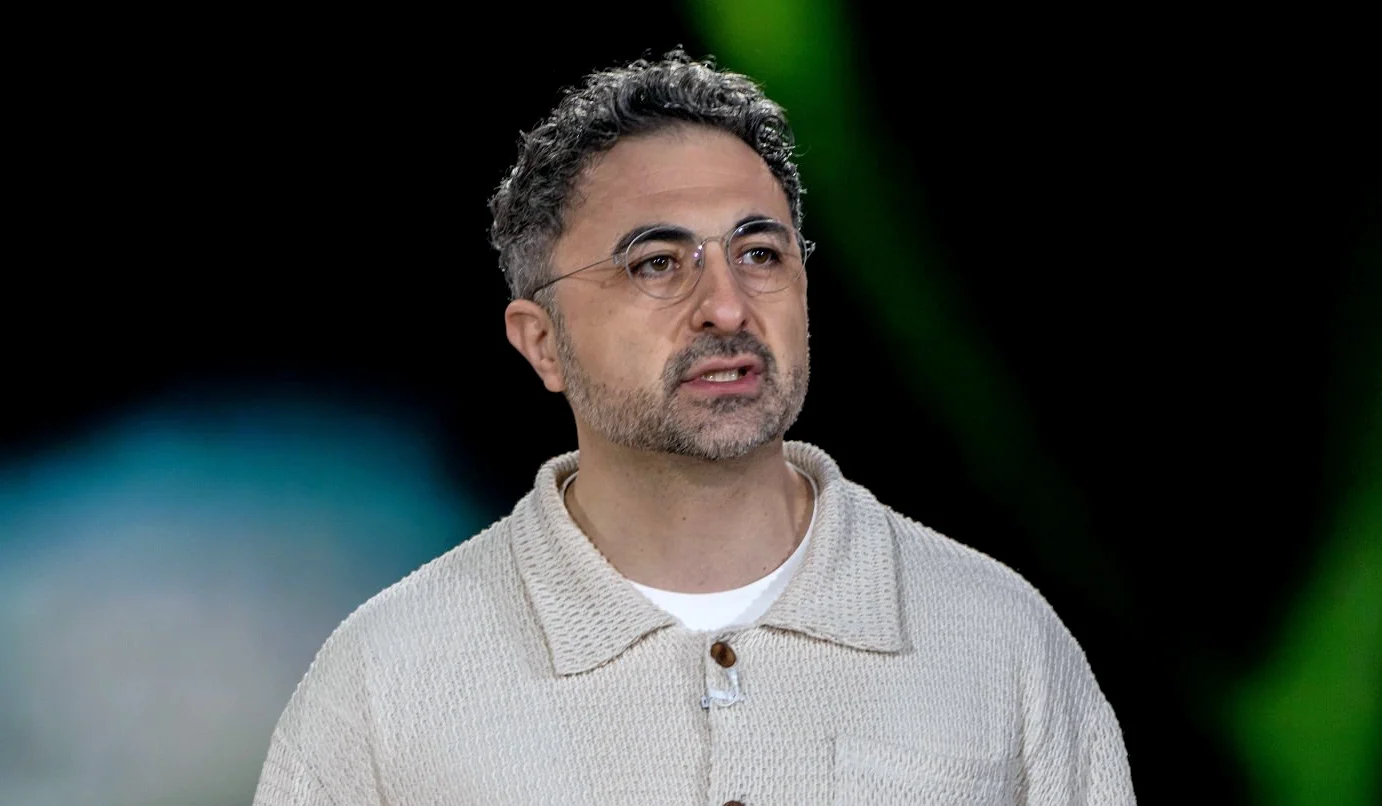
Mustafa Suleyman has emerged as one of the most important voices in the global conversation on artificial intelligence, a visionary leader whose journey from community activism to the helm of Microsoft’s AI division reflects a rare combination of technical foresight, entrepreneurial daring, and an unwavering moral compass. His story is not just about building some of the world’s most influential AI companies, it is about shaping the relationship between humanity and technology at a time when that relationship is increasingly redefining the future of societies, economies, and individual lives.
Born in North London in 1984, Mustafa grew up in a multicultural household, the son of a Syrian taxi driver and an English nurse. These humble beginnings played a profound role in shaping his worldview. From an early age, he developed a strong sense of empathy and responsibility, qualities that would later influence his career and his insistence that technological progress must serve human needs. His educational path began at Queen Elizabeth’s School in Barnet, and he later attended Mansfield College at Oxford University, where he studied philosophy and theology. However, at 19 he made the bold decision to leave Oxford before completing his degree, choosing instead to engage directly with the world beyond the lecture halls. It was a decision that would mark the beginning of a career built on action, innovation, and fearless risk-taking.
Mustafa’s first major venture reflected his commitment to community service and mental health awareness. He co-founded the Muslim Youth Helpline, a telephone counseling service for young people that soon became one of the largest mental health support services of its kind in the United Kingdom. This work gave him direct exposure to the struggles faced by young people navigating identity, faith, and society, and reinforced his conviction that meaningful impact comes from meeting real human needs rather than abstract theory. His journey continued when he served as a human rights policy officer for the Mayor of London, where he worked on pressing social issues, and later when he co-founded Reos Partners, a consultancy dedicated to resolving deep-rooted social challenges through dialogue and systems thinking. These early roles combined activism, governance, and problem-solving, laying the ethical foundation for what would later become his transformative work in artificial intelligence.
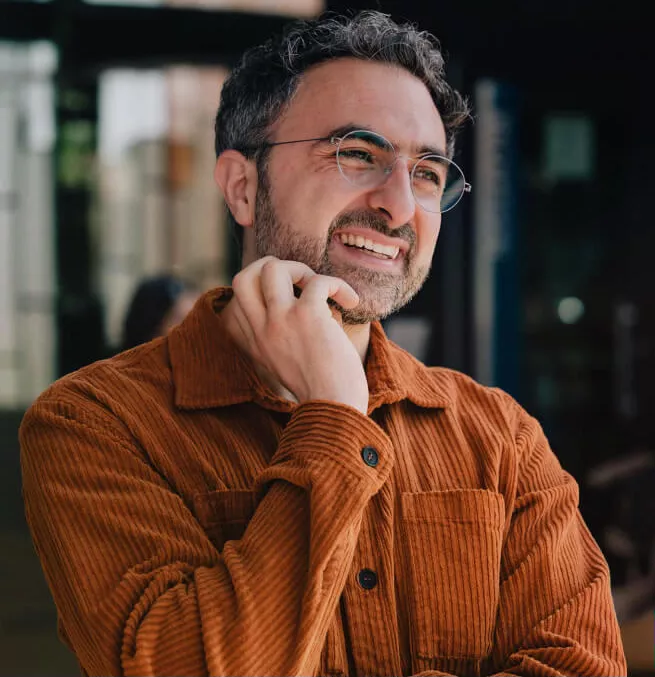
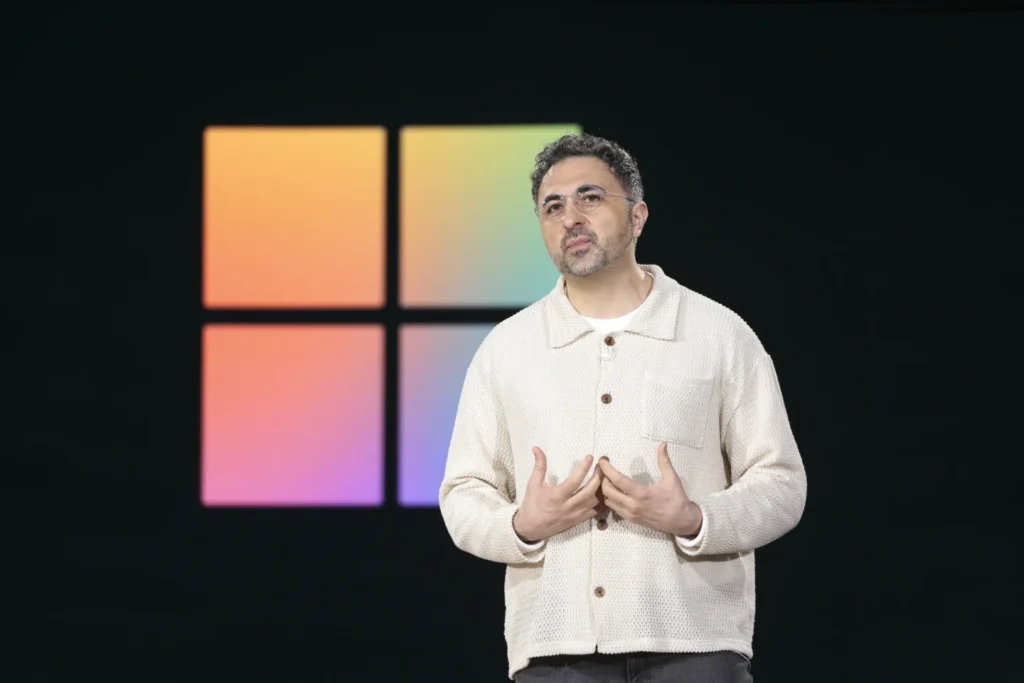
In 2010, Mustafa Suleyman joined forces with Demis Hassabis and Shane Legg to co-found DeepMind Technologies, a London-based artificial intelligence company that would soon redefine the global AI landscape. At DeepMind, Mustafa served as Chief Product Officer, helping to shape the company’s research into applied breakthroughs with real-world utility.
His focus was not only on technical achievement but also on ensuring that the work aligned with social responsibility. In 2014, DeepMind was acquired by Google in one of the largest European tech acquisitions to date, a deal that propelled the company into the global spotlight and brought its innovations to a far wider stage.
Following the acquisition, Mustafa became Head of Applied AI at DeepMind, where he led a number of pioneering projects. Among them was DeepMind Health, an initiative that worked with the United Kingdom’s National Health Service to apply artificial intelligence in clinical practice. He also oversaw the development of systems that reduced the energy consumption of Google’s massive data centers by up to 40 percent, demonstrating how AI could make a tangible contribution to sustainability.
Equally significant was his establishment of DeepMind Ethics and Society, a dedicated team designed to examine the broader implications of AI technologies and ensure that their deployment considered fairness, transparency, and long-term consequences. These initiatives reflected Mustafa’s belief that technology must be guided by ethical principles if it is to benefit humanity as a whole.
After a decade at DeepMind and Google, Mustafa decided to embark on a new chapter. In 2022, he co-founded Inflection AI alongside Reid Hoffman. The company’s mission was ambitious yet deeply humanistic, to create artificial intelligence that felt more like a companion than a tool, capable of building lasting and meaningful relationships with users. Inflection launched Pi, a conversational AI designed to provide emotional support, thoughtful dialogue, and continuity in human interaction. Mustafa often described Pi as a potential “digital chief of staff,” a personal assistant that not only managed tasks but also served as a confidant and guide in daily life. The project exemplified his vision of AI as a partner rather than a replacement, one that could enrich human experience without diminishing human agency.
In March 2024, Mustafa Suleyman was appointed Executive Vice President and Chief Executive Officer of Microsoft AI, a newly created division tasked with overseeing the company’s consumer-facing artificial intelligence products. This included responsibility for Copilot, Bing, Edge, and other platforms that bring AI into the lives of millions of users worldwide. At Microsoft, he has championed a vision of AI that emphasizes accessibility, trust, and long-term relationships between people and their digital companions. His leadership style balances the urgency of innovation with the caution of responsibility, pushing Microsoft to compete in the rapidly evolving AI sector while also foregrounding issues of ethics and user well-being.
As Microsoft AI CEO, Mustafa has argued that conversational interfaces will soon be as transformative as the web browser, representing a paradigm shift in how humans interact with information. He sees AI not as a distant, science-fictional pursuit of artificial general intelligence but as an immediate opportunity to improve health care, education, climate action, and communication. Rather than chasing speculative notions of machines surpassing human intelligence, he advocates for a focus on “humanist superintelligence,” a vision of AI that augments rather than eclipses human potential.
Beyond his corporate responsibilities, Mustafa Suleyman has become a global thought leader on AI governance, ethics, and the societal consequences of frontier technologies. His book, “The Coming Wave: Technology, Power, and the Twenty-First Century’s Greatest Dilemma,” became an international bestseller, offering a penetrating exploration of how rapidly advancing technologies could reshape power structures, economies, and even human identity. In it, he argues for proactive regulation, global cooperation, and public dialogue to manage the unprecedented challenges ahead. His insights have positioned him as a trusted voice not only in the tech world but also among policymakers, academics, and cultural leaders.
Recognition for his work has come from many quarters. In 2019, he was awarded the title of Commander of the Order of the British Empire for services to technology and society. In 2023 and again in 2024, he was named among Time magazine’s 100 most influential people in artificial intelligence. He also serves as a Senior Fellow at Harvard Kennedy School’s Belfer Center and sits on the board of The Economist, platforms that allow him to influence both scholarly debate and public understanding. Additionally, as a co-founding partner of the Partnership on AI, he continues to push for cross-industry collaboration to establish standards and best practices for the responsible development of AI systems.
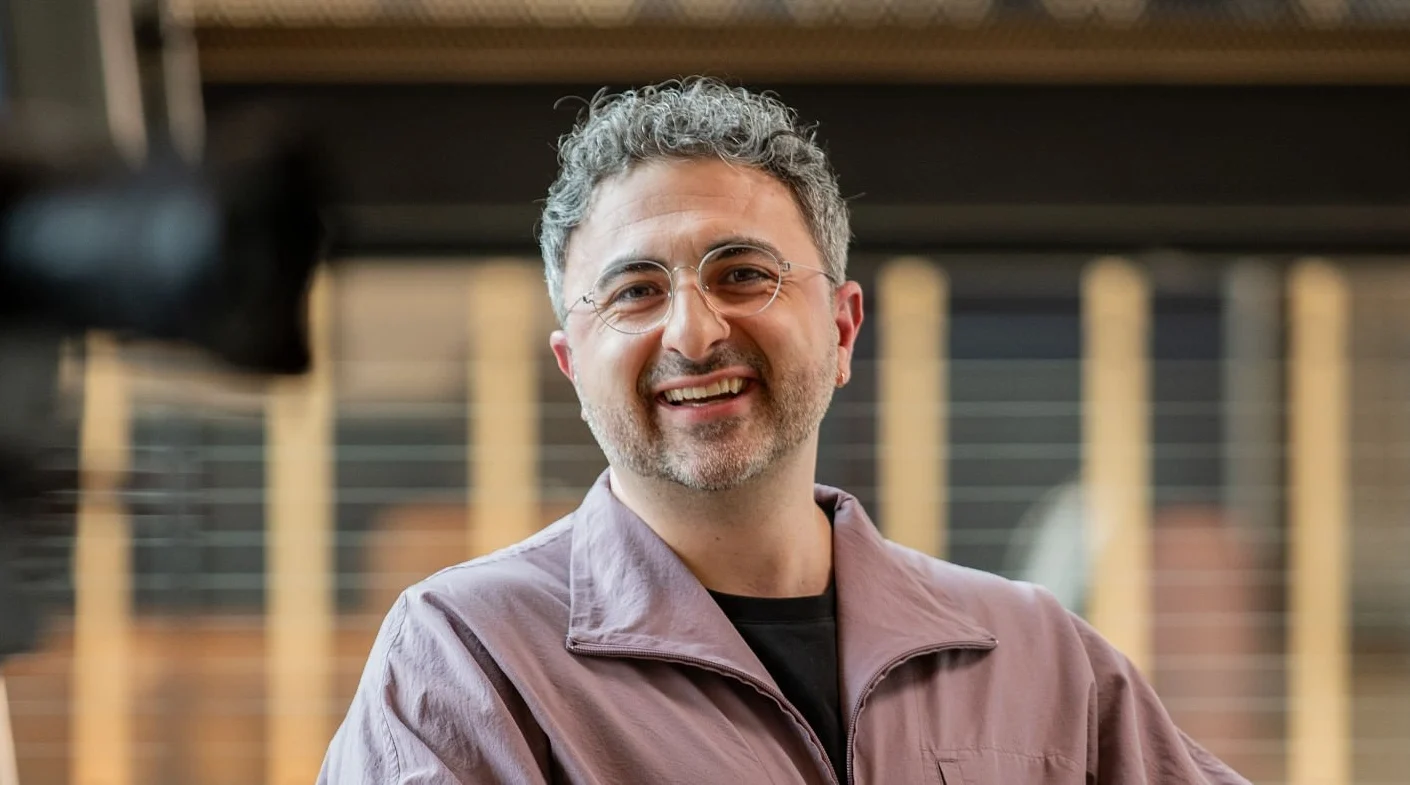
In recent years, Mustafa has spoken candidly about both the promise and the perils of artificial intelligence. He warns against anthropomorphizing AI to the point of granting it rights or citizenship, suggesting that such ideas could lead society into confusion and misplaced priorities. He has introduced terms such as “AI psychosis” to describe the anxieties people feel around automation and has called for widespread reskilling initiatives to help workers adapt to the changing economic landscape. At the same time, he envisions a future where AI companions become integral to people’s lives, not replacing human relationships but providing a supportive layer of memory, trust, and utility, much like the patina of a well-loved personal object.
What distinguishes Mustafa Suleyman from many of his peers in the AI field is not only his technical acumen but also his refusal to divorce innovation from ethics. His career demonstrates a rare continuity, from his teenage years writing accessibility guides and building helplines, to his current role guiding AI at one of the largest technology companies in the world. At every stage, he has insisted that progress must remain grounded in human needs and values. He speaks with the authority of someone who has built billion-dollar companies, yet his language consistently returns to empathy, trust, and service.
Today, as artificial intelligence races ahead at a speed that challenges governments, industries, and communities, Mustafa Suleyman stands as a figure of balance and clarity. His journey from the grassroots of activism to the boardrooms of global corporations offers a roadmap for how technology can be harnessed without losing sight of humanity. He does not claim to have all the answers, but his leadership provides a model of how bold innovation can coexist with humility and responsibility. In a world where AI has the potential to either divide or unite, to either destabilize or empower, Suleyman’s vision insists on the latter. His life’s work reflects a conviction that artificial intelligence must remain, above all else, a tool in service of people, amplifying what is best in us rather than replacing it.
